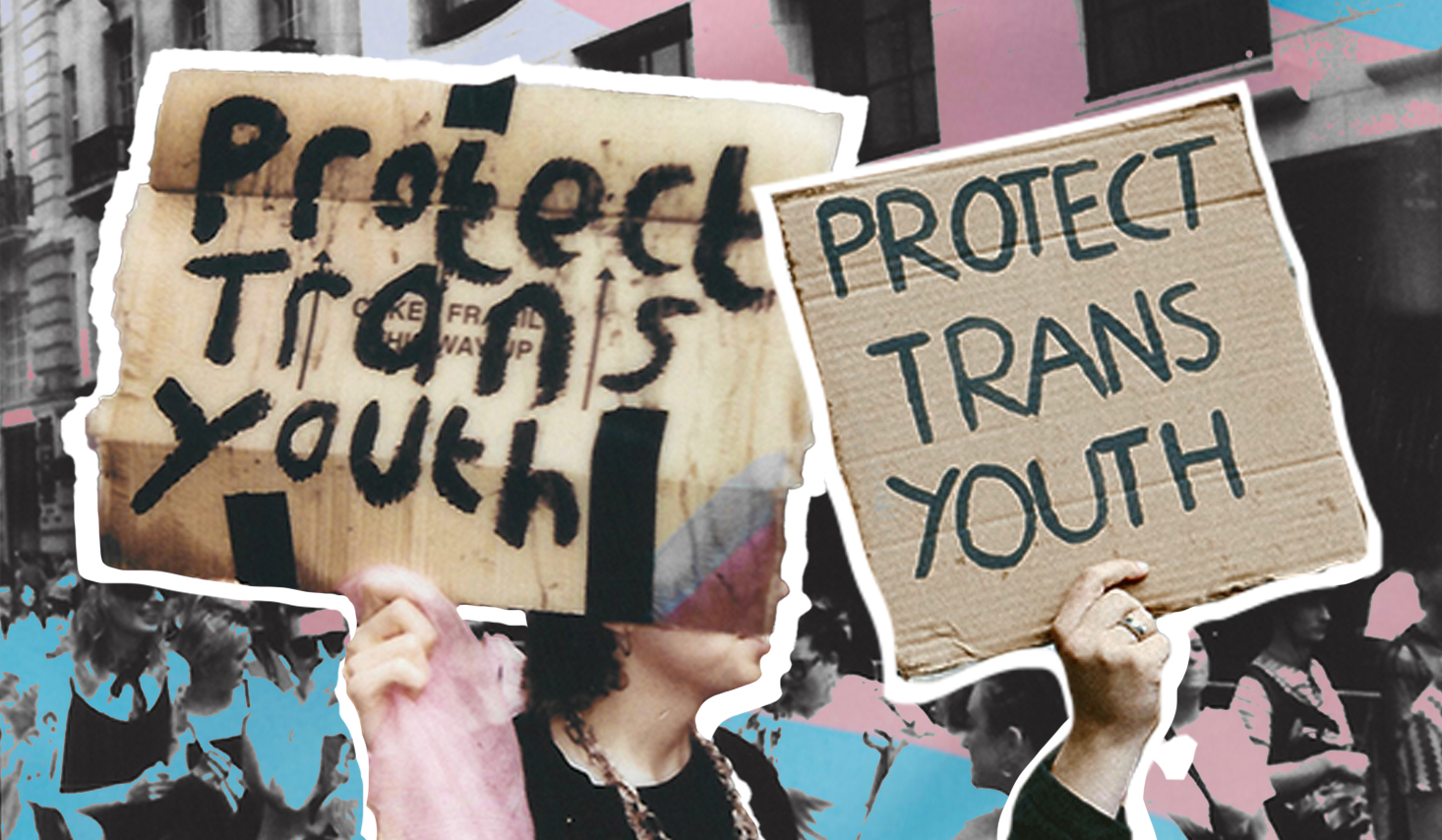
I’m trans. I began exploring my gender identity during my A-Levels. It’s something that, I believe, every young person has the right to explore regardless of what stage they are at in their education.
But according to the UK government’s recent draft guidance for schools, any requests from pupils for social transition, which can include a change of name, pronouns, or gendered uniform, must only be allowed if it is in “the best interests of the child and parents have been fully consulted.”
Given that a third of LGBT+ young people are not confident their parents would accept them if they came out, and they are twice as likely to contemplate suicide, this would be incredibly dangerous.
If the draft guidance was implemented, it would mean that if a pupil asks to change how they are referred to, their school would have to out the pupil to their family. For trans young people who don’t want to come out to their families, for reasons that could range from a lack of understanding to a fear of abuse, school will no longer be a safe place for them to be themselves. It was a struggle for my family to wrap their heads around using a new name and they/them pronouns for me, though luckily they are used to it now. But it could have made my journey even more complex if I knew that my teachers were obligated to out me to my parents.
LGBTQ+ young people’s charity issues warning against trans school policy from UK government
The guidance further states that even with parental consent, schools and colleges “should not compel teachers or pupils to use new pronouns”. Had I explored my gender identity in primary school, parental consent would have made no difference, as the guidance reads: “Primary school aged children should not have different pronouns to their sex-based pronouns used about them.”
Pronouns are a part of how we all express who we are, and we use them every day. It’s important to identify people using the correct pronouns, whether or not they are trans or non-binary. For me, having people use the right pronouns is vital because it makes me feel comfortable in myself, any others feel wrong to me and cause discomfort.
One of the scariest things advised by the draft guidance is that it suggests that no trans or gender-questioning young person should be able to use the changing rooms or toilets that align with their identity, and they will even be excluded from PE and sports where teams are gendered. In effect, their identities will be completely ignored.
No young person deserves to be excluded from activities that their peers can take part in. Personally, I took part in several sports at school, from rounders to netball – not only was it beneficial to my physical and mental health, it also taught me other important skills such as teamwork and friendship. I have been able to bring these vital skills with me into adulthood and still play sports as a trans adult.
Schools and colleges should be places for students to figure out their identities. For me, having someone to talk to whilst questioning who I was was vital, because it meant that I could process how I was feeling.
The draft guidance is dire. For young people who are going up trans, school should be a space and time where you find out about yourself. From my own experience, having someone to talk to whilst figuring out my identity made me feel valid and not alone.
What is the new guidance on trans children for England’s schools?
If schools follow this guidance, I have no doubt that it will negatively impact trans students’ wellbeing and even put them in danger, especially those who come from a family dynamic that’s unaccepting of LGBTQIA+ people.
But there is something you can do to stop it – fill out the government’s consultation and tell them that trans young people deserve better. Gendered Intelligence has even made a guide on what to do.
All young people deserve to feel accepted and supported whilst in a school environment. I would urge anyone who wants to make sure this remains the case for trans young people to take just half an hour to respond to the consultation, before it’s too late.
The consultation closes on Tuesday (12 March). Please, be a trans ally, and make your voice heard by filling it out now.
Casey volunteers as an ambassador for Just Like Us, the LGBTQIA+ young people’s charity. Sign up to their newsletter to find out more.



